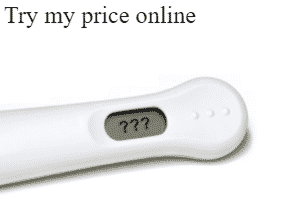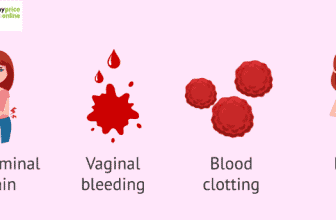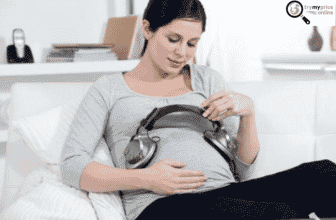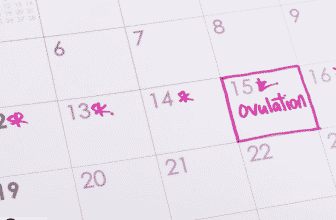
When to use pregnancy test, You may have a lot of questions if your period is late or you suspect you’re pregnant. You might also be curious about pregnancy’s early signs and symptoms. A pregnancy test may provide you with answers as well as peace of mind, Are you unsure how and when to perform a pregnancy test? Which type of pregnancy test is the most appropriate for you? Do you want to find out if you need to consult a doctor? when to use pregnancy test.
Related: Early pregnancy test

pregnancy test
When to use pregnancy test
If you have unprotected penis-in-vagina intercourse or a high chance of sperm contacting your genitals,
You’re at risk of becoming pregnant.
Throughout your cycle, the number of risks changes.
If your menstrual cycle is regular,
Because most individuals ovulate around the middle of their cycle to approximately two weeks before their expected period,
Sperm exposure presents the greatest chance of conception.
This is only true in general,
And it may or may not be true for any individual cycle, so don’t use this estimate to prevent pregnancy.
If your cycle is somewhat “regular” and you want to test for pregnancy sooner,
You should wait at least two weeks following your estimated ovulation day, or around the time you anticipate getting your period.
Some pregnancy tests state that you can take them early, but there is a larger risk of a false negative if you do.
It’s preferable to wait a few days after your expected period to avoid a false negative.
It’s entirely up to you whether you want to take it sooner or later.
You can get the product from amazon
Related: Pregnancy test with salt

What’s the difference between home pregnancy tests and doctor’s tests?
What’s the difference between home pregnancy tests and doctor’s tests?
Human chorionic gonadotropin (hCG) is the major hormone you’re looking for, and it may be found in both blood and urine.
During the first 30 days following implantation of a healthy, intrauterine pregnancy,
Every 29 to 53 hours, the concentration of hCG doubles;
A slower rise in The concentration of hCG is indicative of an aberrant pregnancy or early loss.
The “pee on a stick” type of home test determines,
Whether your hCG level exceeds a certain level and returns a positive or negative result.
When these tests are performed too soon after a missed menstruation, the results are frequently negative.
If you take a home test and it comes out negative,
But you still haven’t had your period after a week, you should take another test.
Urine and blood tests for hCG are often available from healthcare practitioners.
The urine test provided is identical to a home test, however, the findings are more reliable owing to less inaccuracy.
You may get an accurate count of your hCG levels with a blood test.
You will have to wait longer for the findings since the blood must be tested by a lab.
It is feasible to identify things like an ectopic pregnancy or an early miscarriage with a blood test since the data are more thorough.
Reated: Hcg pregnancy test results explanation
Is it possible for a pregnancy test to come out as a false negative?
Yes. The most common reason for a false negative result is that the test is performed too soon after conception,
When hCG levels are too low to detect.
If your ovulation occurs later than normal, the first day of a missing period may be too early to produce a reliable result.
Waiting a week or two after a missed period before taking a urine test reduces the chances of a false negative result.
Very high hCG levels linked with pregnancy-related malignancies can occasionally induce misleading negative findings.
Related: When pregnancy test

In the end, when to use pregnancy test, is depending on your period, and if it’s regular or not.
Related: Hcg pregnancy test, how does it work?
Sources:







